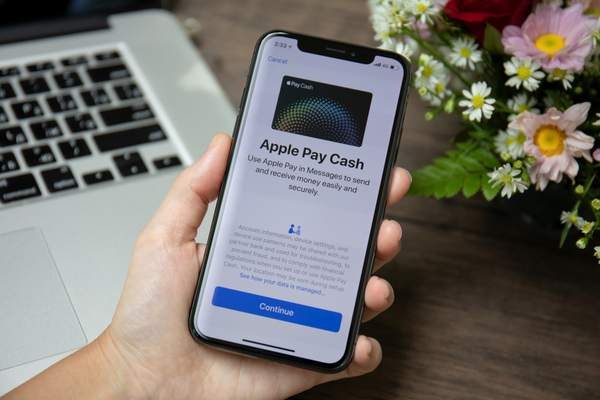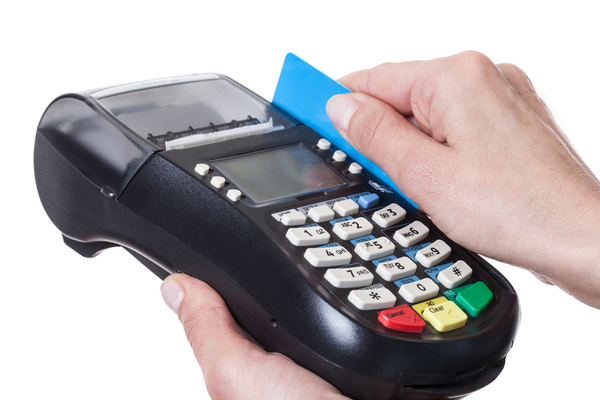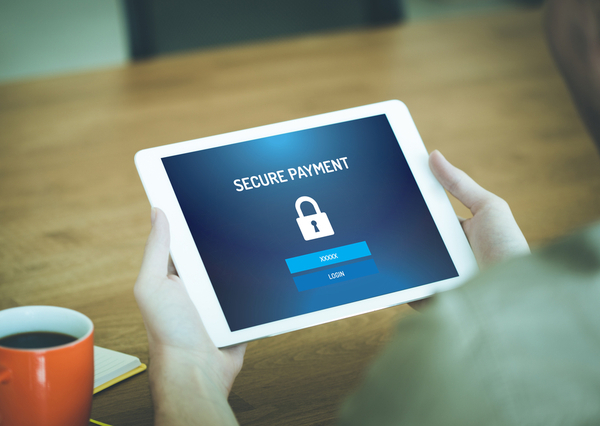
The cashless economy. Aren’t we already there yet?
Various experts suggested recently that Australia could be cashless within as little as three years, and while The Reserve Bank has responded by saying it is not likely to happen as quickly as that, the question still remains – is your business ready?

Many small businesses are more than half-way there
The move to ‘cashless’ transactions primarily affects consumer-based small businesses (B2Cs). Although it’s fair to say that many are already well on their way. Cafes, restaurants, retailers, florists, hairdressers, and even weekend market stall holders, etc, have been under increasing pressure from customers for some time to have electronic payment facilities or risk losing sales.
Many charities are now being forced to think outside the square too, to ensure that fundraising is still possible in the face of donors who no longer carry around cash.
For B2Cs there’s the added pressure to offer services such as Apple Pay, which allows customers to pay via an iPhone or Apple watch, and ‘Afterpay’ (buy now, pay later) as these new options gain a foothold in market and swiftly secure momentum through consumer trust and demand.
Last year the RBA also introduced its new platform, a real-time payments system which uses an identifier such as a mobile number or email address. This New Payments Platform (NPP) is making peer-to-peer payments even easier, from splitting a restaurant bill 10 ways, to paying a babysitter, to buying a car without cash.
The statistics too, show a clear trend. In 2007, 69 per cent of payments in Australia used cash. By 2016, less than a decade later, it was down to 37 per cent.
If and when Australia does become officially ‘cashless’ the biggest winner of all will be the Federal Government, because it will finally be able to recoup an estimated $6 billion in lost GST and other unpaid taxes that have been a by-product of the cash economy.

Effects on small business
For small business though, the cost of ‘going cashless’ can be significant.
Some small business owners estimate that it is as much as $10,000 a year to run a card over cash system.
“That said, in this day and age, cost cannot be a prohibitor of adoption,” says ATB Partners’ Michael Mekhitarian.
“All businesses must consider the future of their business – and that means getting paid. And as a business owner, customer satisfaction should be one of your key priorities, so that means providing a variety of payment options,” he says.

Benefits
Certainly the ‘cashless’ options have benefits for business – generally transactions are quicker.
They’re also more convenient, there’s less paperwork, and back-end accounting is simpler.

The cost of keeping up with technology
However, keeping up with fast-paced advances in technology, an influx of new entrants in the payment sphere, ongoing fees, as well as planning against the risk of potential financial transaction fraud and customer data breaches – all come at a fairly high cost. And it’s not a one-off cost either – it’s an ongoing overhead that all businesses must embrace and plan for in their future forecasting.
And no matter what – there’s always the potential for a ‘technology fail’, sometimes a risk event that just cannot be foreseen. Such as when NAB’s system shut down in May last year affecting more than 200,000 merchants. While NAB offered to compensate those affected merchants for the 6-hour Saturday trading outage, it was a good example of just how catastrophically things can go wrong. People were left unable to pay for groceries at the supermarket checkout. Customers couldn’t pay for breakfast and lunches they’d already eaten. If there’s no cash option … what happens then?
“Many Australians now have their eyes on Sweden, which is far more advanced in this area than most, and is already showing what is both possible and likely. In Sweden, 98 per cent of transactions currently cashless. This is expected to be 99.5 per cent by 2020,” says Michael.

Start planning
It’s fair to say that for Australia, the writing is on the wall. Cash will become a thing of the past. Just when this will occur is not certain.
The RBA has already acknowledged that cheques will be phased out sooner rather than later. How soon notes and coins will follow is anyone’s guess.
“But as a small business owner, this should be on your radar,” says Michael.
“So you can understand what your customers want and need and the likely impact on your business and your processes, as well as identify potential threats and risks, so that your planning can be well ahead of the day that real money actually becomes a thing of the past.”
